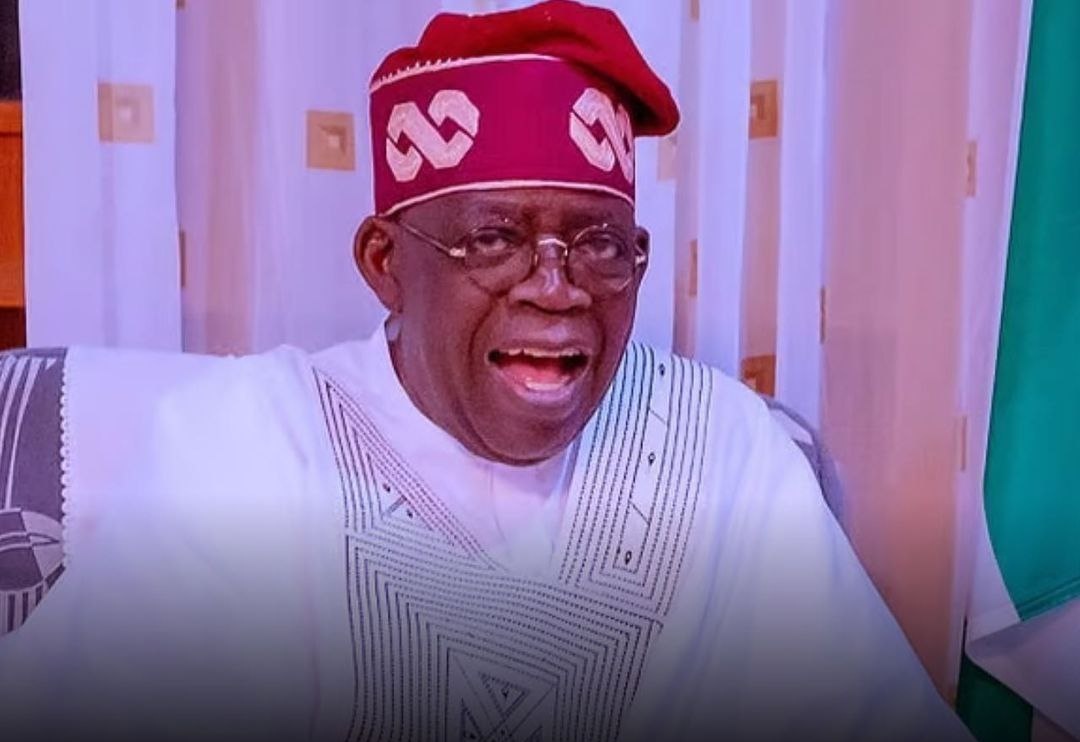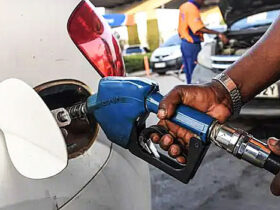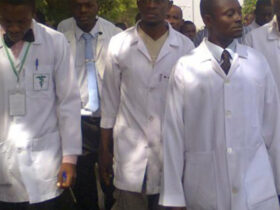GIABA, an inter-governmental action group against money laundering in West Africa, has said Nigeria recorded significant achievements in its war against money laundering and terrorism financing in 2023.
GIABA said this in its 2023 annual report unveiled for ambassadors of member states, technical and financial partners on Thursday in Dakar, Senegal.
According to the report, Nigeria made progress in addressing the technical compliance identified in GIABA’s Mutual Evaluation Report, MER, in relation to various recommendations made to the country.
The report further said Nigeria had taken several measures to promote transparency and accountability in the administration and management of Non Profit Organisations, NPOs.
It added that the country also raised awareness in the financial sector about the vulnerabilities to Terrorist Financing, TF, developed and refined best practices in collaboration with the NPOs sector to address the deficiencies and challenge information on NPOs suspected to be at risk in terrorism abuse.
“Nigeria demonstrated that it has mechanisms for international cooperation and procedures to respond to international requests for information on NPOs suspected of terrorist financing or involved in other forms of support for terrorists.
“Nigeria demonstrated that it has a system for maintaining statistics on its Anti-money Laundering and Combating the Financing of Terrorism (AML/CFT) system,” the report said.
Despite the progress made in the country, the report, however, said the requirements for application of simplified due diligence measures were not consistent with the country’s assessment of money laundering and terrorist financing risks.
It added that the country did not demonstrate compliance with its internal procedures to designate target pursuit to United Nations Security Council Resolution (UNSCR).
The report noted that GIABA had discussed and adopted the MERs of Cote d’Ivoire, Liberia, and Guinea, which indicated that 88 per cent of the member states had been assessed.
It said the performance of Cote d’Ivoire showed that the country required major improvements in its AML/CFT regime in relation to its understanding of the risks, among others.
Similarly, the report said Liberia had demonstrated low effectiveness on 10 of the 11 parameters, noting that its shortcomings had impacted effectiveness such as lack of comprehensiveness of National Risk Assessment (NRA) in some areas.
It also said Guinea demonstrated low effectiveness on all the 11 parameters, indicating that the country required fundamental improvements of AML/CFT regimes.
Earlier, GIABA’s Director General, Mr Edwin Harris Jr, said this year marked the 24th anniversary of the fight against money laundering, “a mandate that has evolved to adapt to changes, and which now includes the fight against the financing of terrorism and the proliferation of weapons of mass destruction.
“GIABA is the response to the call of the international community for an alliance against transnational organised crime and its harmful effects on peace, security, stability and economic development of our member states.
“In June 2006, through relentless efforts and stakeholders’ mobilisation, GIABA was granted the status of a Financial Action Task Force (FATF)-Style Regional Body (FSRB) and in June 2010 became an Associate Member of FATF.
“There is no doubt that our West African space is highly vulnerable to carry with it many consequences of money laundering and terrorist financing, and without a strong political commitment to combat it, the negative impacts on our economies will be enormous,” he said.
The director general said it was important for all the stakeholders to fully understand the need to take ownership of the fight and appreciate their contribution to building economies and by extension, the communities to achieve GIABA’s desired common prosperity.
“This is also in line with the core objective of the GIABA’s Strategic Plan 2023-2027 that focuses on sensitisation for the benefit of the various targeted audiences,” he said.
Despite challenges posed by the changing global trends and emerging threats, Harris said GIABA had focused its interventions on protecting national economies and their financial and banking systems from laundering the proceeds of crime and combating the financing of terrorism.
He said the organisation had also improved measures, intensified efforts to combat the laundering of proceeds of crime and strengthened national and international cooperation.
“Beyond information, these sessions aim to encourage the governments of member states to act in the relevant areas of the fight against money laundering and terrorist financing for the integrity of their economic and financial systems.
“By so doing, we are calling on you all to add your voices to the authorities back home, to strengthen the AML/CFT regimes in your countries,” Harris said.
GIABA is a specialised institution of the Economic Community of West African States (ECOWAS) responsible for strengthening the capacity of member states toward the prevention and control of money laundering and terrorist financing in the region.
In addition to that, GIABA also grants observer status to African, non-African states and inter-governmental organisations that support its objectives and actions that apply for observer status.
NAN










Leave a Reply